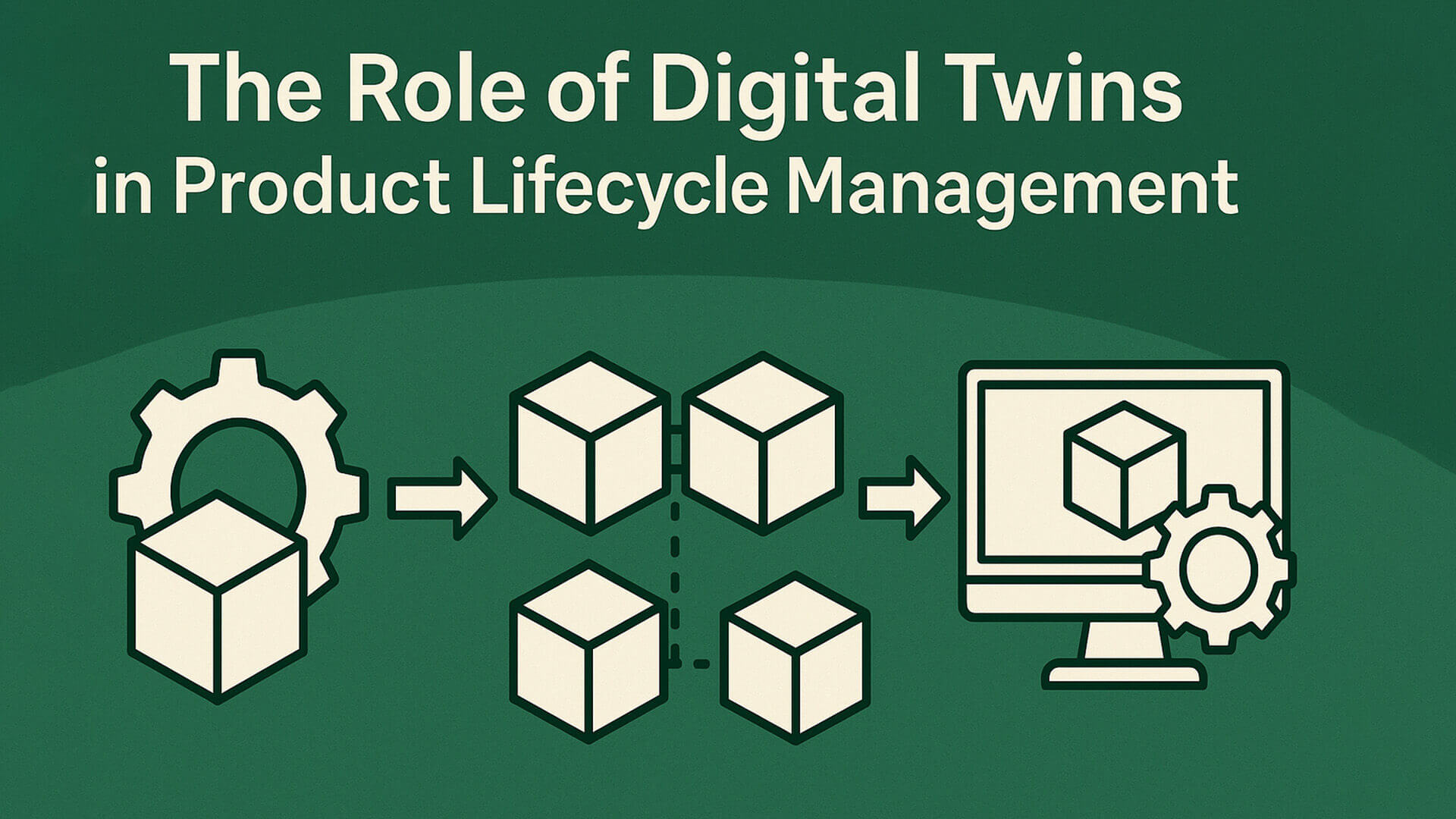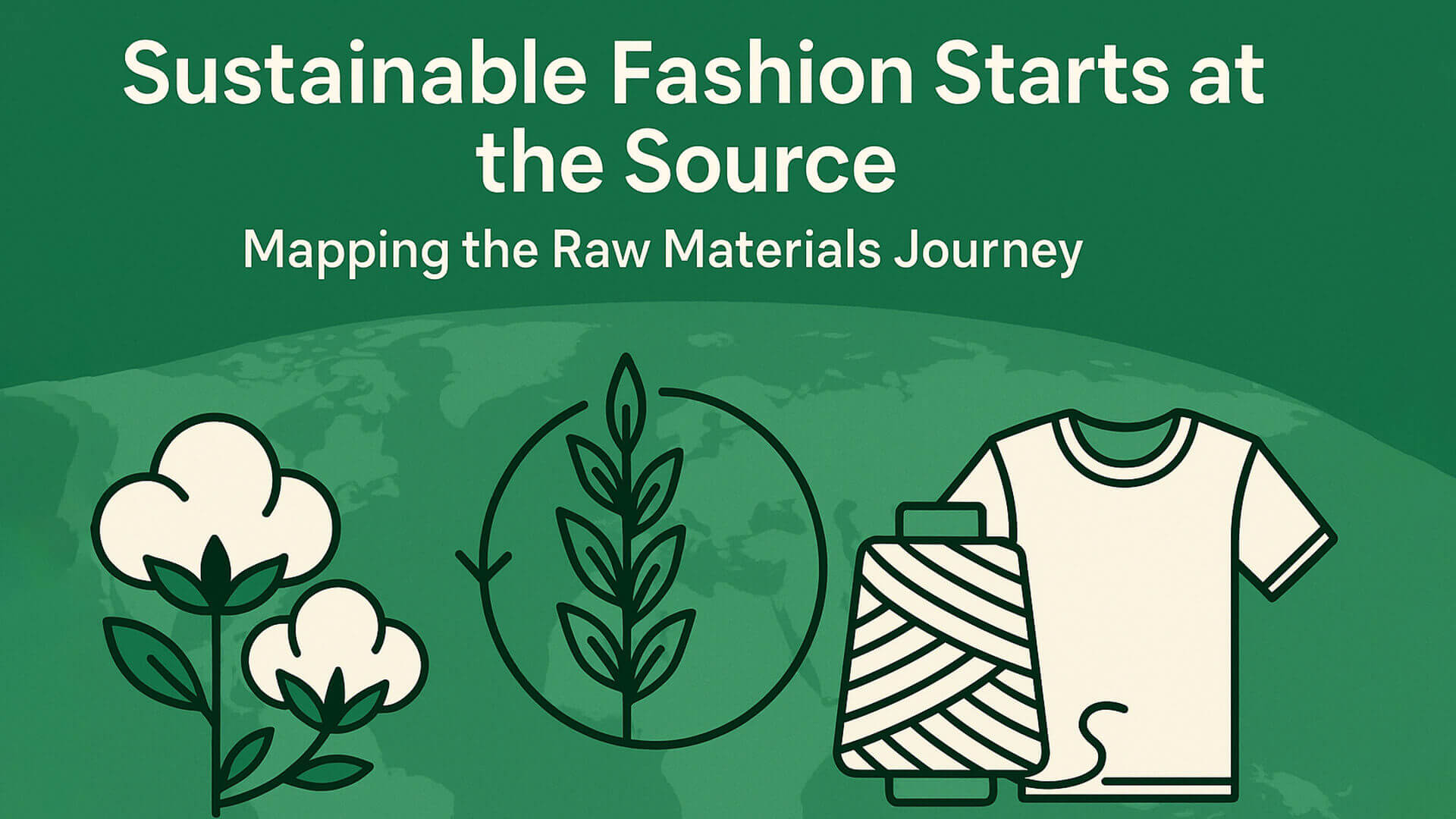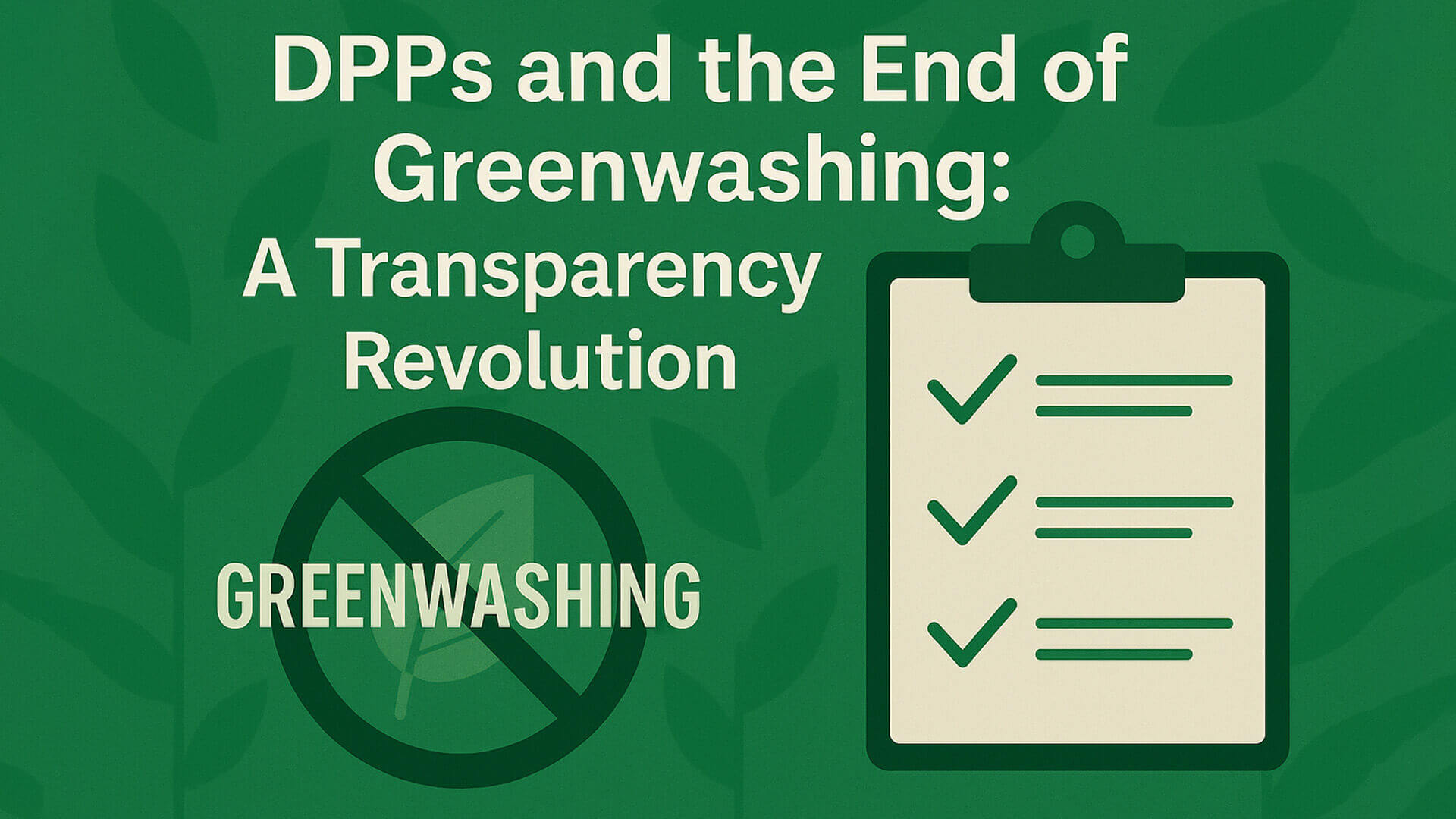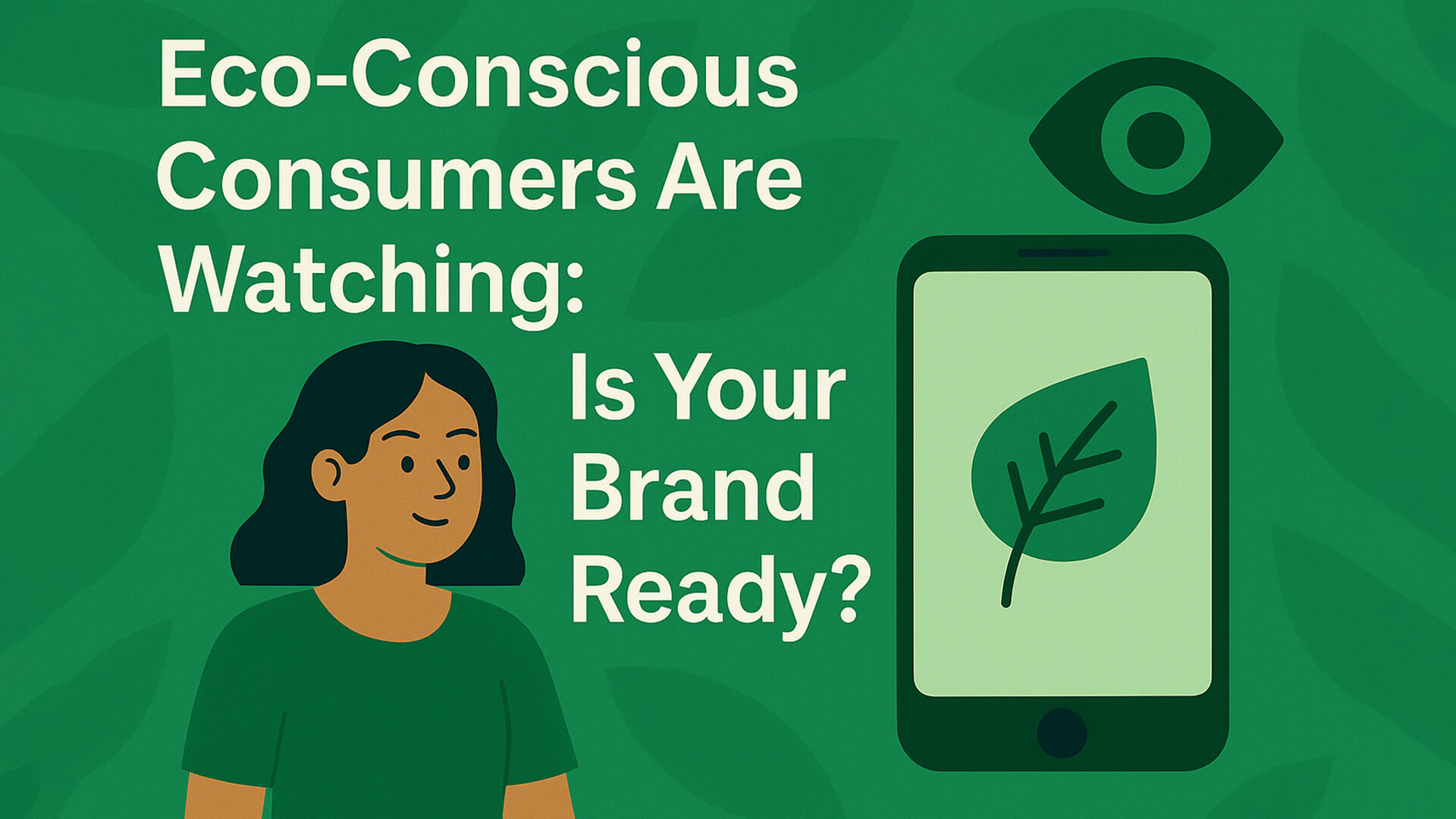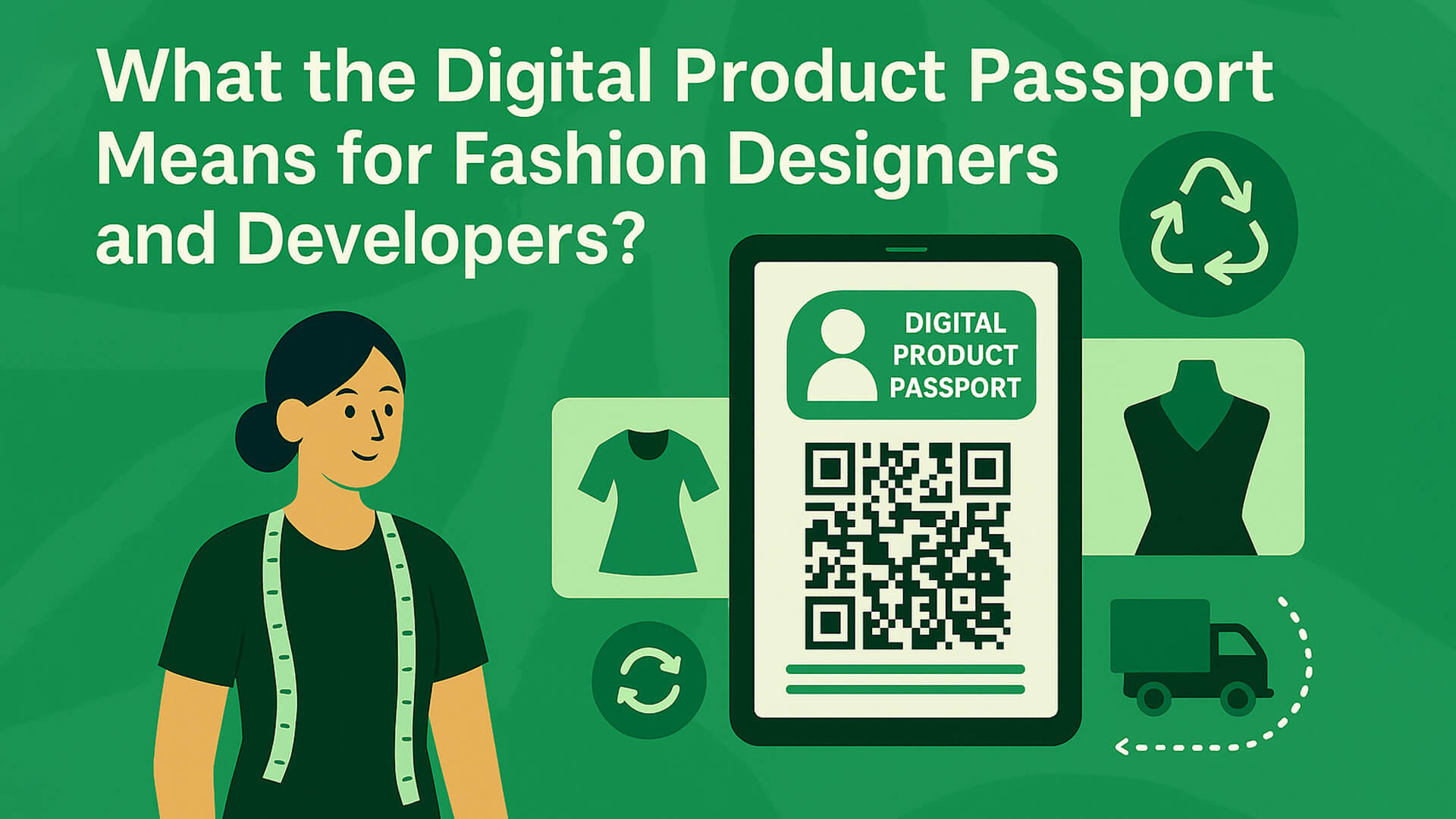- info@greenthreadsdpp.com
- Southampton, United Kingdom
Digital Product Passports: The New Standard for Ethical Fashion
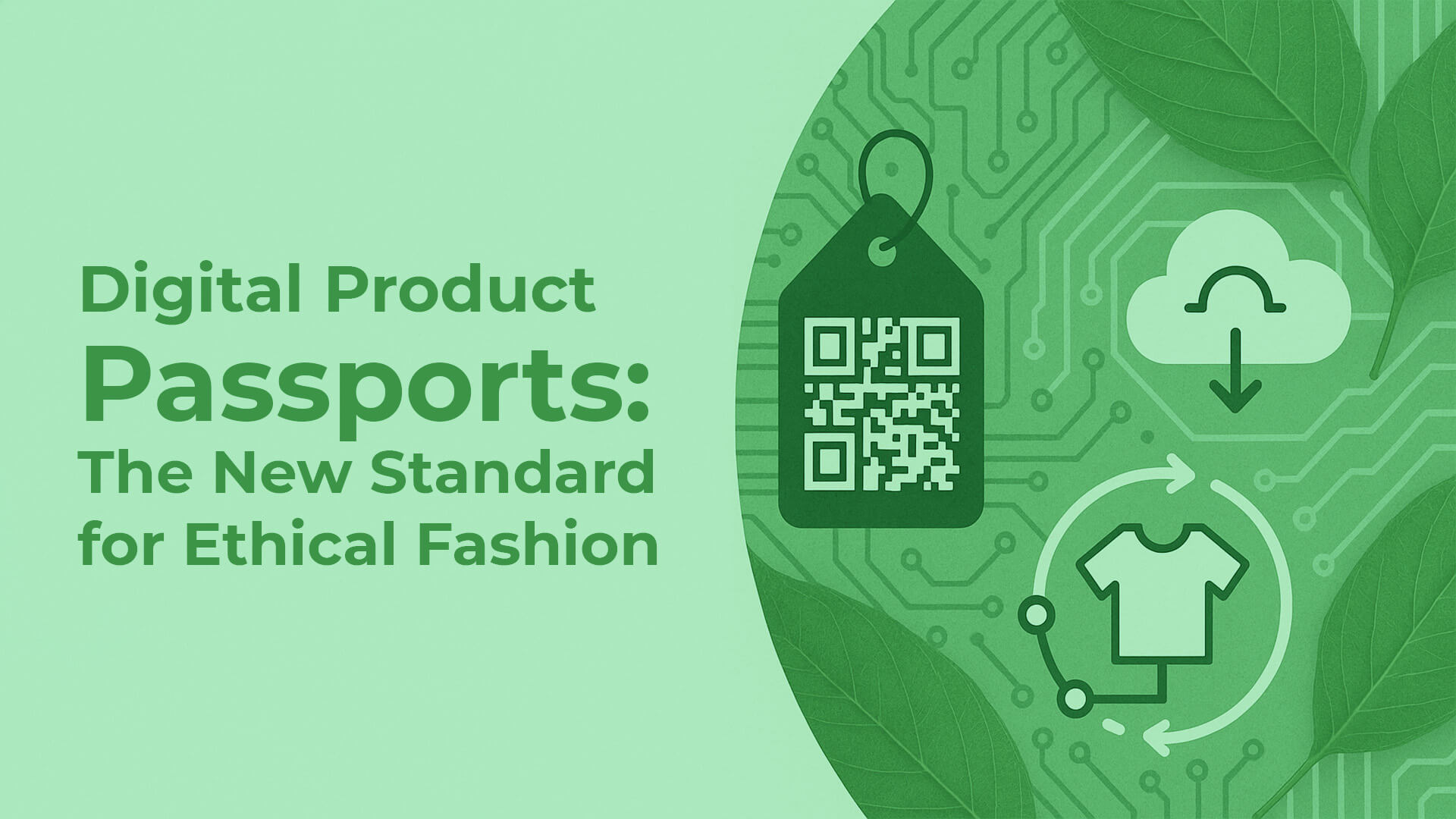
Introduction: Fashion’s Transparent Future
The fashion industry is undergoing a seismic shift. Once dominated by fast fashion and opaque supply chains, today’s consumers and regulators are pushing for transparency, sustainability, and accountability. Enter the Digital Product Passport (DPP), a revolutionary tool poised to redefine how we perceive, produce, and purchase fashion. As sustainability moves from buzzword to baseline, DPPs are fast becoming the cornerstone of ethical fashion. At Green Threads we work closely with Brands to ensure that they maximise the benefit both to their clients and to their bottom line, providing a cost effective DPP solution that delivers value through customer engagement.
What Are Digital Product Passports?
A Digital Product Passport is a digital record that travels with a product throughout its lifecycle. It contains detailed, immutable information about the item’s origin, materials, environmental footprint, care instructions, and end-of-life options. Much like a passport for humans, it verifies identity and tracks a journey but for garments.
It’s more than a QR code. It’s a complete transparency toolkit that can include:
-
Material composition (with traceability to source)
-
Manufacturing locations and conditions
-
Carbon and water footprints
-
Recyclability or biodegradability
-
Certifications and compliance data
-
Ownership and resale history
Why Do We Need Them?
The fashion industry is the second-largest consumer of water and is responsible for 10% of global carbon emissions. These statistics aren’t just sobering, they’re a call to action. Yet, most brands can’t trace their products beyond Tier 1 suppliers, meaning the vast majority of environmental and human rights abuses remain hidden.
DPPs address this in three key ways:
-
Empowering Consumers: Shoppers can make informed, values-based decisions by accessing transparent data at the point of purchase.
-
Driving Brand Accountability: Brands must back up sustainability claims with verifiable data.
-
Enabling Circularity: Clear end-of-life instructions support repair, reuse, resale, and recycling.
The Legislative Push: From Policy to Practice
The EU is leading the charge with its proposed Eco-design for Sustainable Products Regulation (ESPR), which mandates DPPs for certain product categories including textiles by 2030. Brands that sell in the European market will need to embed these passports into their supply chains.
This regulation aims to:
-
Standardize sustainability criteria across member states
-
Fight greenwashing by mandating verifiable data
-
Incentivize more circular product design
While the UK and other countries haven’t yet formalized similar regulations, many are watching closely, recognizing the economic and environmental edge early adopters may gain.
Who’s Using Digital Product Passports Now?
Forward-thinking brands are already piloting DPPs, showing what’s possible:
-
Chloé uses a blockchain-based platform to provide product lifecycle data on its luxury garments.
-
COS, part of the H&M group, includes QR codes that allow shoppers to trace the item’s material and supplier.
-
PANGAIA offers detailed environmental impact data and recyclability information with each item.
These pioneers are not only ahead of regulations they’re reshaping consumer trust.
Digital Passports and the Circular Economy
One of the most exciting aspects of DPPs is their potential to power a truly circular fashion economy. Here's how:
Imagine dropping off an old jacket to a recycling facility and the attendant scanning its DPP to know exactly how to disassemble and recycle each component—zippers, lining, buttons, and all.
Are There Risks?
As with any technology, DPPs bring certain challenges:
-
Data Privacy: How much consumer information should be attached, especially for second-hand owners?
-
Standardization: With multiple formats and platforms, interoperability is a concern.
-
Cost: Smaller brands may struggle to integrate DPPs without significant investment or support.
That said, open-source frameworks and regulatory guidance are evolving to address these issues head-on.
What This Means for You
Whether you’re a consumer, brand, or policymaker, DPPs open up new possibilities:
-
Consumers can shop with confidence, avoid greenwashed brands, and contribute to more sustainable systems.
-
Brands can build deeper trust, future-proof against regulations, and unlock new business models like product-as-a-service or resale platforms.
-
Regulators get a scalable tool for monitoring sustainability claims and enforcing standards.
The ripple effects are profound. Supply chains become cleaner. Products last longer. Fashion becomes less about disposable trends and more about durable, ethical design.
The Road Ahead
Digital Product Passports are not just a compliance box to tick they are a gateway to a smarter, more sustainable fashion industry. As the technology matures and more brands jump aboard, what started as a niche initiative could very well become the new normal.
In a world where transparency is the new luxury, DPPs aren’t just a trend they’re the ticket to fashion’s next era.

